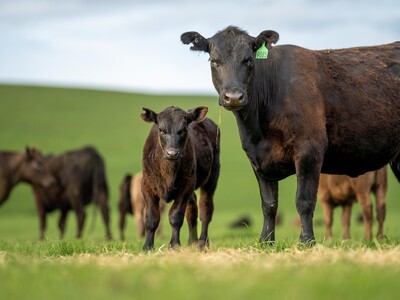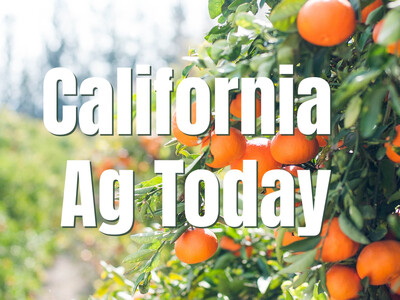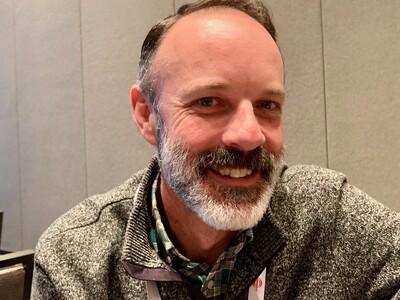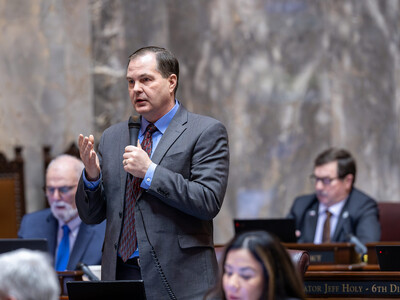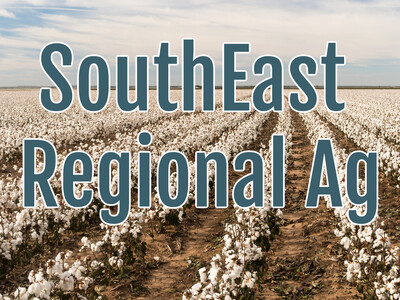Progress on Renewables
Progress on Renewables. I’m Greg Martin with today’s Line On Agriculture.
We hear a lot about renewable fuels but is it just all talk or are there real strides being made and at what cost. Tom Strickland, the Department of the Interior’s Assistant Secretary for Fish and Wildlife and Parks , testified before the Senate Committee on Environment and Public Works last Thursday and assured the committee that development of renewable energy is not coming at the expense of conventional energy development on public lands.
STRICKLAND: It is the position of the administration, and Secretary Salazar supports this position as do I, that we should actively and aggressively develop our conventional energy resources. And since this new administration came into office January 21, our first day at the Department of Interior, we have offered just under 2,000 parcels for lease, 2.3 million acres. There were bids brought in on 845,000 acres. I accompanied Secretary Salazar to
Strickland said that all issues including environmental and transportation issues are being looked at with respect to development of solar energy.
STRICKLAND: Right now the BLM is looking at solar and involved in a programmatic EIS to look at just that very point that you make. Let’s, rather than just let this develop haphazardly with individual projects that come in, let’s look at where they’re best located that takes into account some of these environmental issues as well as transportation issues. We’re looking at transportation corridors in the same way. We’re working with local and state governments out in the West. We’re working closely with the Western Governors Association. So the idea is to try and take into account the very points you make. The environmental considerations, I’m responsible for a big part of the enforcement of the Endangered Species Act, there are real issues that we will process and work through.
That’s today’s Line On Agriculture. I’m Greg Martin on the Northwest Ag Information Network.






